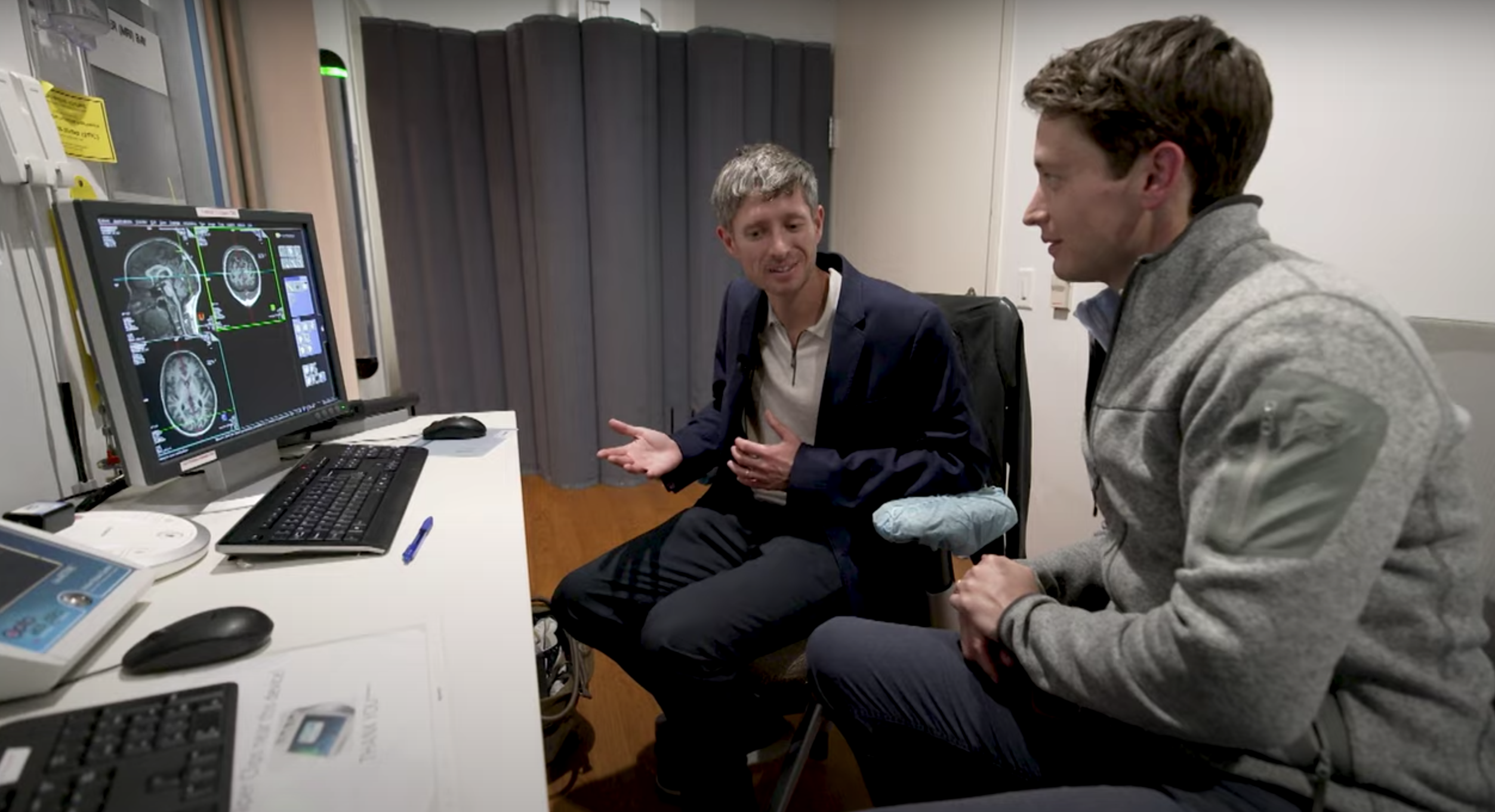Welcome to Afterglow, a newsletter that will change your mind. My name is Charles Bliss and I'm a psychedelic journalist from Norwich, UK.
This week, find out where you can watch a CNN reporter receiving psilocybin therapy on camera at a psychedelic retreat in Jamaica.

A groundbreaking CNN documentary premiering on Sunday, 18 June claims to mark a world first for psychedelic journalism.
The episode of The Whole Story with Anderson Cooper, titled 'Magic Mushrooms: Can They Change Your Mind?', represents a breakthrough in mainstream media coverage of psychedelics as CNN correspondent David Culver undergoes psilocybin therapy on film.
Though journalists such as Hamilton Morris have been recorded while under the influence of psychedelic compounds such as LSD and ayahuasca for VICE, Culver's report is thought to be the first time that a journalist has been filmed taking psychedelics in a psychotherapeutic context.
The documentary, which will air at 8 P.M. Eastern Time/Pacific Time on 18 June, will explore the transformative potential of psilocybin and its impact on mental health.
The first-person news reporting style represents an on-screen continuation of Michael Pollan's immersive journalism for the New Yorker and his book How to Change Your Mind (You can watch the Netflix adaptation here).
On The Whole Story with Anderson Cooper, Culver travels to a psilocybin wellness retreat run by Silo Wellness in Jamaica to explore the therapeutic benefits of medically-supervised consumption of the psilocybe genus. Though psilocybin mushrooms are currently illegal under US federal law for medical use, in Jamaica it is legal to grow and consume magic mushrooms.
Silo Wellness CEO Mike Arnold said: "By showcasing our approach to psilocybin therapy and its profound potential on a platform like CNN, we're playing a part in normalising and destigmatising these treatments, creating value for our shareholders and improving the narrative around mental health care.
"This isn't just a milestone for Silo Wellness, but for the entire field of psychedelic therapy. It's a significant step towards greater understanding and acceptance."

The episode follows a group of Americans travelling to Jamaica to experiment with psilocybin in an effort to reconnect with themselves, curb addiction and heal.
“These retreat participants invited us in on what is a deeply personal and intimate journey aimed to find healing,” Culver said. “In hopes of better understanding their mind-altering trips, I also wanted to see if the mushrooms might work their therapeutic magic on me.
"Having lived and reported through China’s relentless ‘Zero-Covid’ policies, including harsh and punishing lockdowns, I wondered if the medicine – as they call it – might help me better process my nearly three years isolated from family and loved ones back in the US. The mushrooms took me on a journey I did not expect."
Culver also speaks with psychedelic researcher Dr Robin Carhart-Harris and travels to Oregon, the first US state to legalise psilocybin for therapeutic practices.
Hopefully, Culver will be able to finish his report despite the altered states of consciousness central to his work — unlike BBC reporter Quentin Sommerville, who was incapacitated by the inhalation of burning drugs while covering the narcotics trade in Afghanistan.
'Magic Mushrooms: Can They Change Your Mind?' will stream live for pay TV subscribers via CNN.com and mobile apps on Sunday, June 18, and will also be available On Demand from Monday, 19 June.

🤯 Mind at Large
A breakdown of mind-blowing ideas I encountered this week:
📖 Article – Ed Prideaux explores the concept of post-psychedelic – how do we integrate our experiences after we stop taking the drug?
🔬 Study – A new study suggests that the TrkB receptor is central to the antidepressant effects of psychedelics
📖 Article – What happens when magic mushroom chocolate gets in the hands of children?
"Evidently, normal everyday consciousness is not enough for us humans; we seek to vary, intensify, and sometimes transcend it, and we have identified a whole collection of molecules in nature that allow us to do that."
Michael Pollan
🫠 Enjoying this newsletter?
Forward to a friend and let them know where they can subscribe.
